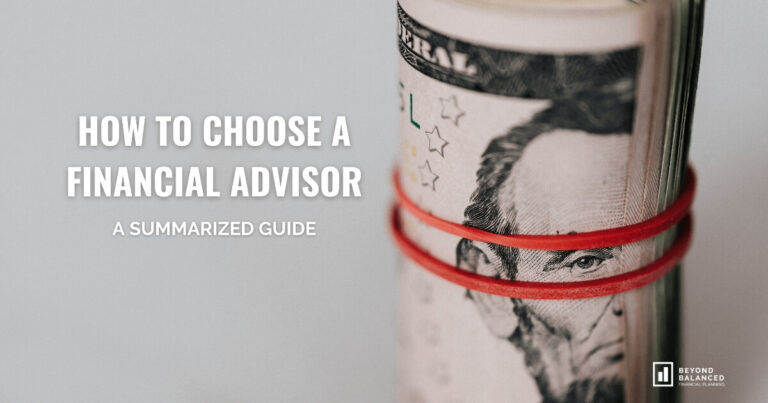The coronavirus pandemic has thrown our life out of order, brought instability to our economy, and has caused a low rumbling of uncertainty below our feet as we try to continue on with our daily lives. The idea of having no end in sight is hard for people to comprehend and with all the uncertainty, it’s hard to know what we should be doing with our money. First and foremost, don’t panic. Easier said than done, however, focusing on the following areas can help put your mind to ease.
Increase emergency savings
Your top financial priority should be having cash on hand in the event of something unexpected happening in your life. When your normal paycheck unexpectedly stops due to a layoff or when you have a large expense pop up that you weren’t expecting, you should have a cushion in place to prevent any financial mishaps. Typically, financial planners recommend having at least 3 to 6 months worth of living expenses in a savings account. Due to the pandemic and all the what-if scenarios that surround it, it is wise to aim for even more in your savings account.
If you don’t have 3 to 6 months of living expenses saved just yet, it’s time to sacrifice and find where you can cut back. Make a list of all of your non-essential expenses and see what you can feasibly cut out for the next few months.
Avoid meddling with your investments
Most advisors will tell you to leave your investments alone during periods of instability and uncertainty, and they’re right. When the market swings wildly, one of the worst things you can do is start trying to rearrange your portfolio. The better thing to do is to reevaluate your goals and make sure your current investments align with those goals. If you are investing for a short-term goal, like buying a new vehicle, and the market drop is too much for you to feel comfortable, consider how you might change your strategy when things begin to normalize.
And while you might hear that it is a good time to buy, it’s more important to invest on a consistent basis rather than just trying to get that good deal. It’s nearly impossible to pick the bottom in a correction and what you will notice is that when you have a truly diversified portfolio, you will have some positions that go up and others that go down. If you’re seeing everything go up and down in lockstep, then you probably aren’t as diversified as you should be.
If you paused your investing and are instead putting that in savings, that would be okay if you have an underfunded emergency fund, however, if you paused it just because you are feeling uncertain with the markets you will be better served by continuing to press forward with investing. Those that have the ability to invest, even when things are uncertain, are rewarded over time for taking on those risks that other investors fear. And while gains are never certain, historically the markets have a knack for bouncing back.
Lower your stress levels
There is only so much you can control in the midst of an event like this. While you may have a lot of uncertainty surrounding the markets and maybe even possibly your own source of income, focus on what you can control. Take steps to reduce your spending, whether that is cooking more at home, lowering your energy usage, or canceling the gym membership to workout at home instead.
And most importantly, take care of your own health. Continue washing your hands diligently and taking precautions when you have to go out. This is also a great time to focus on eating healthier and building those relationships with family and friends to become even stronger. Anything you can do to reduce your stress levels is beneficial to your health and ultimately to your finances. Getting sick or struggling with an illness can be detrimental to a financial plan if you’re not prepared.
Uncertainty creates a lot of fear and one great way to steady yourself is to have a financial plan in place. Instability in the markets is a time when money begins to flow from weak hands into strong hands and you want to position yourself so you’re not on the losing end. This includes the boring things like having an emergency fund, proper insurance protection, estate planning documents, and little to no debt. When you have the basics taken care of, you will have greater opportunities to take advantage of with your money! To schedule an introductory consultation with Beyond Balanced Financial Planning, please reach out here.









